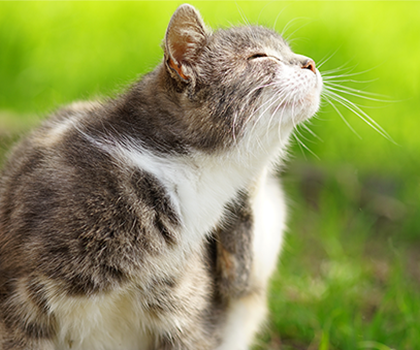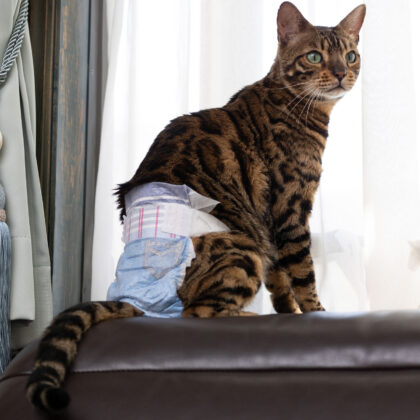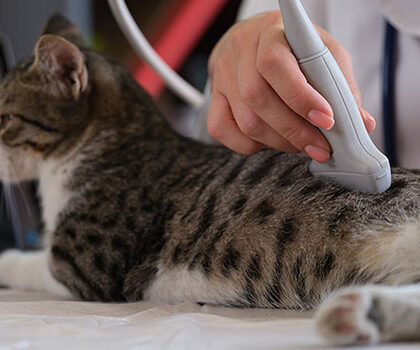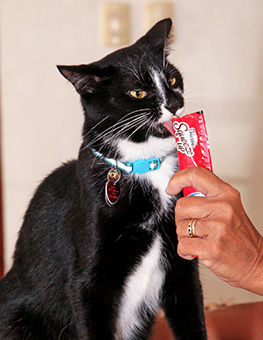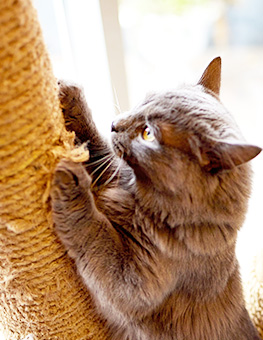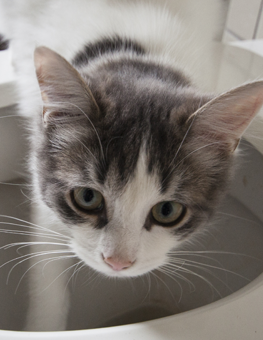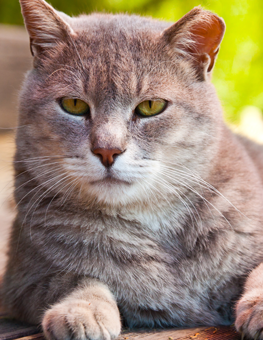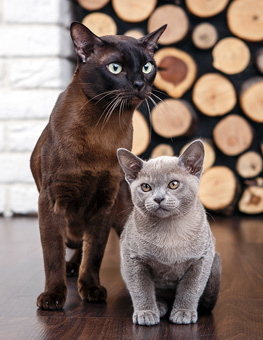Tips For Finding the Right Hypoallergenic Cat
The idea of the hypoallergenic pet might be a slight exaggeration. Because even hairless cats produce the protein that causes allergic reactions, folks with cat allergies can still get itchy in the eyes and congested in the sinuses.
There's no such thing as non-allergenic, but hypoallergenic does help a little. The worst allergy triggers linger for months in cat hair that drifts through rooms and clings to furniture, so hypoallergenic cats, which produce allergens primarily through saliva and skin dander, are lesser offenders. If you're a cat-lover who can't spend much time around felines without sniffling, sneezing and getting watery eyes, there are a number of options open to you.
According to Catster the glycoprotein Fel d 1, which is the allergen that most people react to, is produced more heavily in males than in females, particularly in those pets that have not been neutered. Also, though science has yet to understand why, light-colored cats seem to cause fewer allergic reactions than those with darker coats. With this in mind, consider some of these popular hypoallergenic breeds.
- The Sphynx. This regally named kitty is mostly hairless, but requires a certain level of care and pet products to maintain the health of its skin. Frequent baths and ear cleanings are the standard maintenance requirements for this kitty.
- The Balinese. Even though there's plenty of hair on these cats, but they produce less Fel d 1 than other breeds, making them a good option for owners who prefer felines with more fur. This breed is often referred to as the “long-haired Siamese.”
- The two Rexes. Both the Devon and Cornish Rex breeds of cats shed considerably less than most others, meaning fewer lingering allergens. The Devon has both shorter and less fur than the Cornish. The Devon also doesn’t require as frequent full baths as the Cornish due to the skin being much less oily.
- The Siberian. One of the most popular among allergy sufferers, the Siberian has a medium coat but produces far less Fel d 1 in its saliva, making it less likely to trigger reactions. As cat-lovers know, each animal's personality is wildly different - and so are each owner's allergic reactions. Some may have inexplicable allergies to Siberians but not a Balinese, or vice versa. Some may even have harsh reactions to a Rex with a light coat, but not one with a darker coat. There are claims that 75% of cat allergy sufferers have no reaction to the Siberian.
For many would-be cat owners, the best course of action may be allergy shots. By acclimating themselves to cat allergens over time, many sufferers are able to overcome their reactions. A great reminder is to wash all cat toys and bedding on a weekly basis to help reduce the number of allergens floating in your home. Seek out more information from your doctor. This content is provided by the pet wellness experts at Hartz. We know that adopting a dog or cat is a huge commitment, so we're here to help you feel confident and become the best pet parent you can be.




